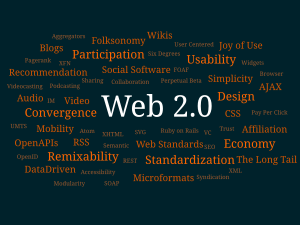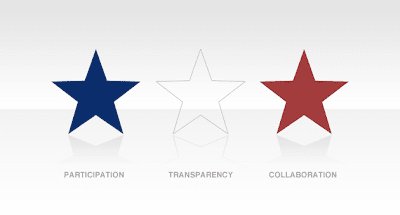Social media rule number one: Know thy network
Many businesses are scared to be online. They fear the adverse power of social media and online communications. An open two-way channel is indeed more difficult to control than the one-way TV, radio and newspapers where customers will eventually comment but the editorial team will decide which comment to accept and which one is better to delete. But what can happen online and why the fear? Well the truth is that everything can happen online and damage a brand. Businesses that took years to work their image and message can see all their efforts destroyed in some days, with a simple comment on Facebook. Conflicts and crises happen every single day on social networks.
At the same time companies know that they don't have a choice to eventually get online and hope for the best if they want to survive in a competitive market. So what can they do about it?
Well first of all it is important for businesses to know that A LOT can be done to prevent, limit and control online problems, especially conflicts and crises.
Rule number one that I always tell my clients is KNOW YOUR NETWORK. Know your Facebook, Twitter, Foursquare, etc. network. This is easier said than done, but it is the most important thing your business must know online. Knowing your network doesn't mean how many ''LIKES'' your business has on Facebook or ''TWEETS'' on Twitter. Knowing your network means to ask yourself the right questions about your network. Here are some examples:
1) Who are my online customers?
2) Do I have a community, a sub-community?
3) How is information shared in my network?
4) Who are the leaders of my network?
5) etc.
When I did a quick survey, not even 1 out of 20 online businesses could answer one of those questions about their online community. We all know that knowledge is power so if you don't know your network how can you prevent conflicts and crises in that same network?
If you have questions or comments you can also contact us or visit the official eRelations website at erelations.info.

.jpg)
.jpg)






.jpg)
















